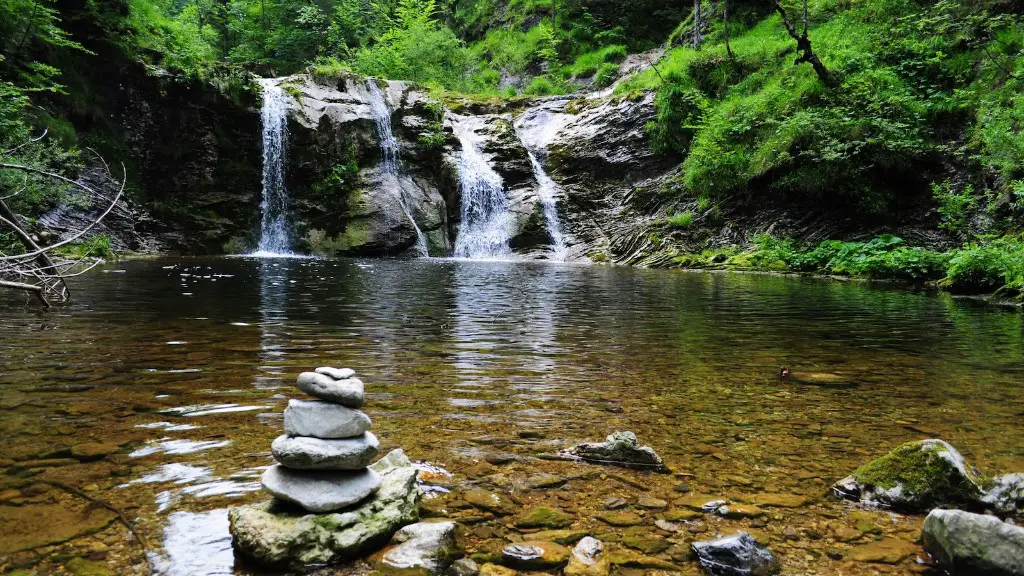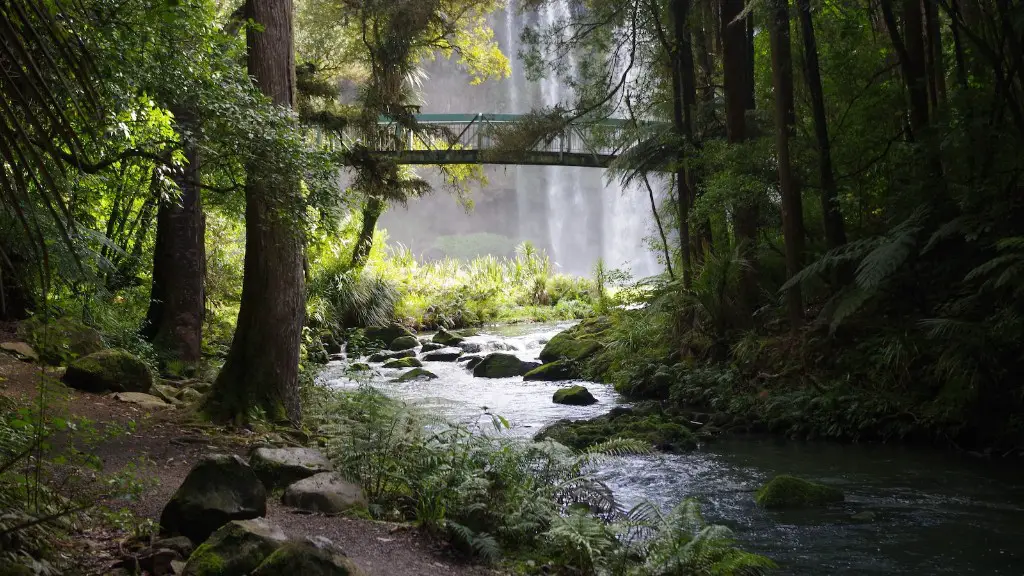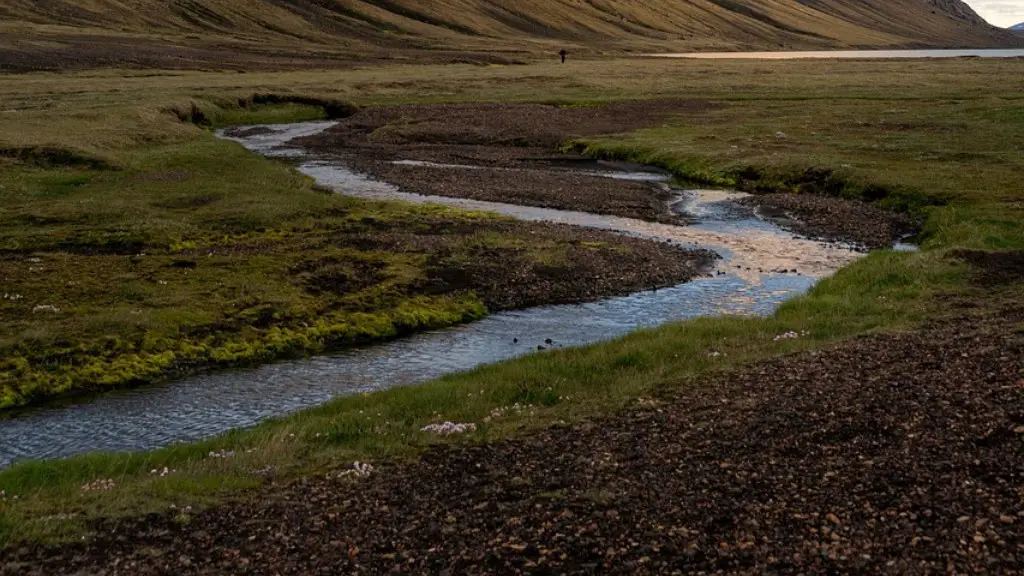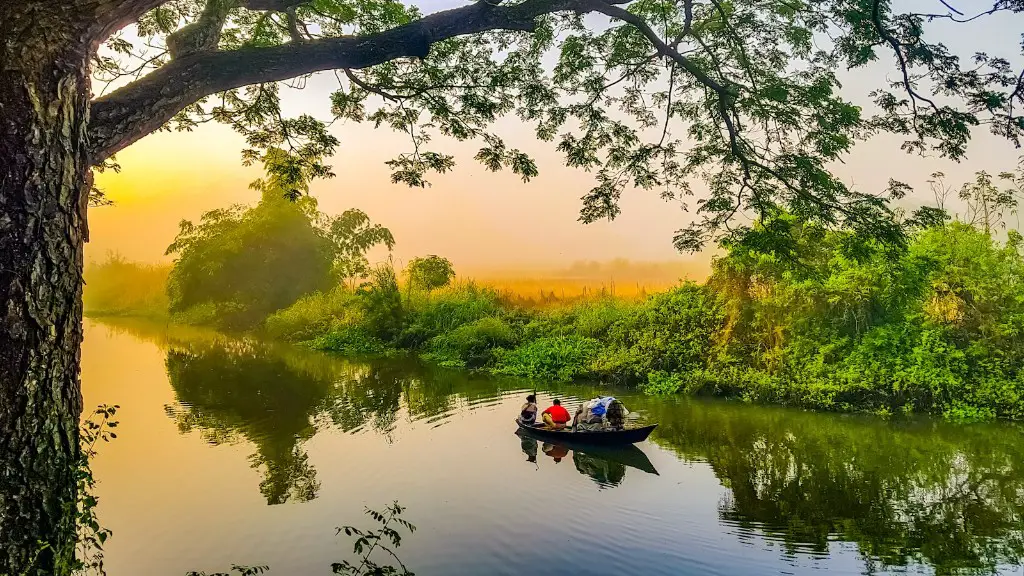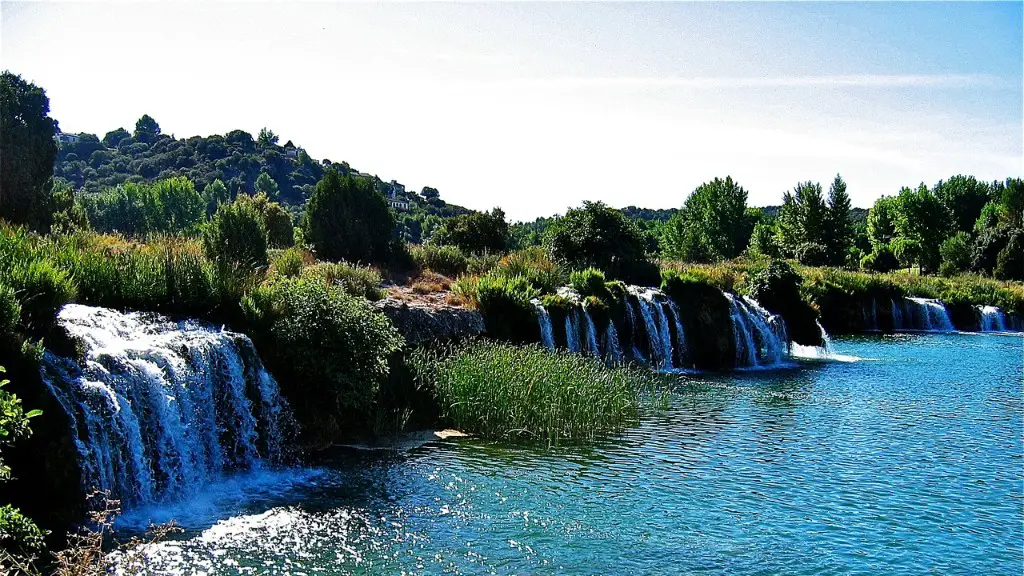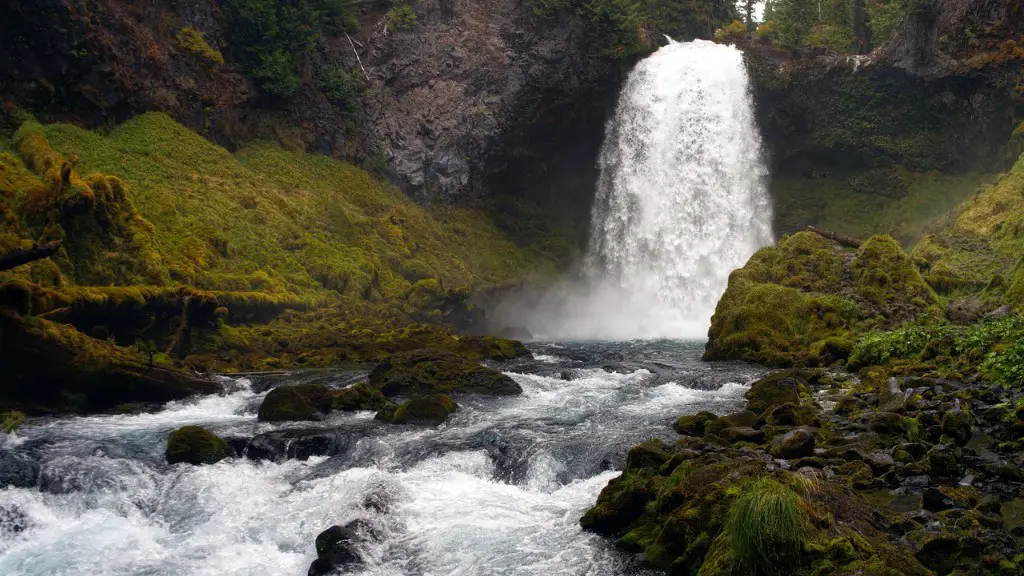The Mississippi River Delta, a large expanse of coastal wetlands located at the mouth of the Mississippi River, is one of the most important ecosystems in the United States. Spanning an area of approximately 4.3 million acres, the Delta is home to a diverse array of wildlife and provides essential habitat for numerous species of fish, birds, and mammals.
The Mississippi River Delta is located where the Mississippi River flows into the Gulf of Mexico, in the states of Louisiana, Mississippi, and Arkansas. This region is characterized by its abundance of swamps, marshes, and the incredible diversity of plant and animal species found there.
The Delta has been important to human civilizations for centuries. Not only is the region rich in resources, but it’s also uniquely positioned at the mouth of the Mississippi River. This circumstance makes the Delta a vital hub for shipping, travel, and commerce, which has played a significant role in human development along its banks.
The Mississippi River Delta is particularly important due to its physical and ecological properties. The Delta’s wetlands absorb large amounts of water, which helps reduce the effects of storms and flooding. In addition, the Delta’s complex network of marshlands provides vital habitats for thousands of species of fish, birds, and other wildlife.
The Delta’s ecosystem is also essential to the wellbeing of humans living in the area. Its wetlands provide habitats for commercially and recreationally important fish species, and its natural features are important for sustaining the tourism industry. Furthermore, the region serves as a source of fresh drinking water for thousands of people in the region.
Unfortunately, the Mississippi River Delta is under threat from human activities. Climate change, pollution, and hydraulic engineering have damaged the region’s wetlands and natural habitats. Dams, levees, and dredging have also disrupted the flow of the Mississippi River, leading to an increase in soil erosion and sedimentation. As a result, over time, the Delta has continued to shrink in size and productivity.
Various conservation efforts have been implemented in the Delta to help preserve its unique ecosystems. The State of Louisiana has created preserves and national wildlife refuges, and a number of state and federal management plans have been put in place to protect the region’s habitats and species. In addition, researchers, scientists, and local groups have proposed a range of restoration and conservation initiatives to help rebuild the Delta’s wetlands and promote the region’s sustainability.
Economic Impact
The Mississippi River Delta has an important economic impact in the region. The Delta’s abundant resources, including its fish and other marine life, provide vital sources of income and sustenance for the local fishing industry. The region is also important for its tourism industry, which draws visitors from all around the country with its natural beauty, recreational opportunities, and cultural attractions.
The Delta’s favourable climate and access to the Gulf of Mexico have also helped create thousands of jobs in the region’s oil and gas industry. Oil and gas companies have been exploiting the Delta’s natural resources for decades, leading to economic growth and prosperity for many in the area.
The economic impact of the Mississippi River Delta is not without its challenges. Heavy industry, climate change, and mismanagement of water flows have all taken their toll on the region, leading to air and water pollution, loss of habitat and food resources, and other environmental concerns. In recent years, the region has seen a decrease in the profitability of its fishing industry, and its tourism industry is also at risk due to the increasing threats posed by hurricanes, flooding, and sea-level rise.
Environmental Conservation
The Mississippi River Delta’s ecosystems are fragile and vulnerable to harm. To ensure the region’s sustainability, conservation efforts must be put in place to protect its habitats and species. Various public and private initiatives, such as the Nature Conservancy, are actively working to protect the Delta’s wetlands and clean up the region’s water, air, and land.
The State of Louisiana has also invested heavily in the Delta’s conservation and restoration. Through its Coastal Master Plan, the state has implemented efforts to manage the Delta’s wetlands, protect its habitats and species, and promote restoration and sustainability.
In addition, the Mississippi River Delta is home to many indigenous and traditional communities whose knowledge and expertise can be invaluable for protecting the region’s resources. These communities have been active in their efforts to preserve the Delta’s ecosystems, and their efforts must be recognized and supported.
Utilising Technology and Innovation
In recent years, the Mississippi River Delta has seen a surge in the use of technology and innovation for conservation and restoration efforts. Using satellite imagery, scientists have been able to map and monitor the region’s habitats and species, better understand the effects of pollution, and develop strategies for mitigating environmental damage.
In addition, conservationists are now able to use drones and other forms of technology to track and study the Delta’s wildlife. This provides them with invaluable data that can help them better understand the ecology of the region and make more informed decisions about the conservation and management of its resources.
Hydraulic engineering is also being used in the Delta to create areas of higher land that can better withstand storm surges and flooding. These efforts are helping to restore the Delta’s habitats and improve its resilience to the effects of climate change.
Education and Outreach
In addition to conservation and restoration efforts, the Mississippi River Delta also relies on outreach and education initiatives to ensure its sustainability. Through public awareness campaigns and educational programs, local communities are educated about the Delta’s ecology and the importance of protecting its habitats and wildlife.
In addition, public networks, such as the Delta Science Program and the Tulane-Xavier Centre for Bioenvironmental Research, provide valuable resources and expertise to community members and local organizations. These networks bring together experts and practitioners to share information and devise strategies for protecting the Delta’s resources.
Government Action
At the state and federal levels, governments have implemented various measures to protect the Mississippi River Delta and its resources. For example, the US Environmental Protection Agency (EPA) has issued regulations for controlling water pollution, as well as for managing fisheries and restoring damaged habitats.
In addition, the US Fish and Wildlife Service has created wetland conservation areas to protect bird and fish species, and the US Forest Service has designated the Delta as a National Heritage Area. These measures are helping to ensure the region’s ecological integrity and the wellbeing of its communities.
International Cooperation
The Mississippi River Delta is of global importance, and its conservation requires the cooperation of governments and other stakeholders at the international level. The United Nations Environment Program (UNEP) has been actively working to protect the Delta’s resources and facilitate collaborations between countries to achieve this goal.
In 2019, the Obama Foundation hosted a conference to discuss the Delta’s conservation and address threats posed by sea-level rise and oil production. In 2020, the US Department of State and the US Agency for International Development (USAID) launched the Delta Forward Initiative, an effort to protect the Delta’s habitats and species and promote sustainable development.
Conclusion
Overall, the Mississippi River Delta is an incredible and important ecosystem with a long history of importance to humans and wildlife. In recent years, growing threats have put the Delta’s resources and habitats at risk, and urgent action must be taken to ensure its sustainability. Fortunately, numerous environmental initiatives, technological advancements, educational programs, and governmental actions are being implemented to help protect the Delta for generations to come.
